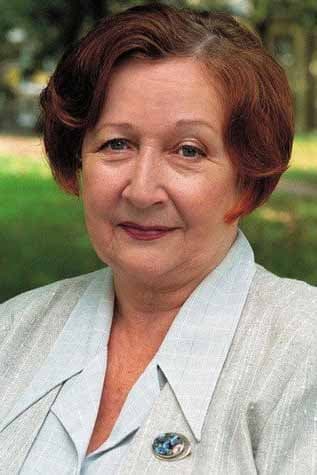

It tells the story of the Warsaw Uprising of 1944 through the eyes of a US airman, escaper from the Nazi Stalag camp and two young reporters, cameramen for the Bureau of Information and Propaganda of the Polish Home Army. Their mission: documenting the Uprising by shooting newsreels for the “Palladium” cinema. Looking for the right shots, they go deeper and deeper – literally and figuratively – into the heart of the Uprising. Traumatic truth becomes obvious. Aware of being witnesses of indescribable events, they realize their duties: to document them and preserve the rolls of film at any cost…
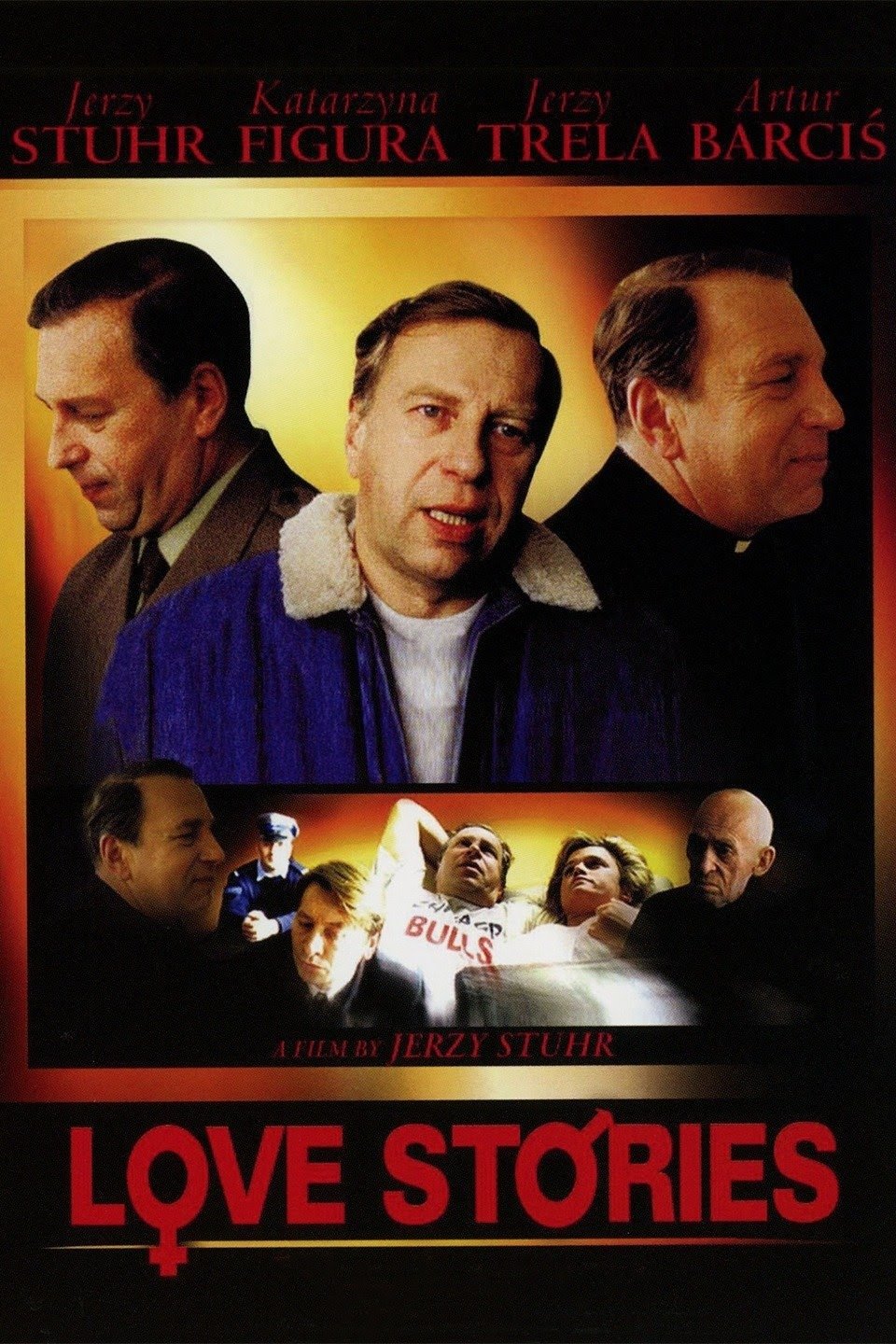
Jerzy Stuhr scripted, directed and plays four roles in this Polish comedy about four men -- an army officer, a college instructor, a priest, and a drug dealer -- and their relationships with four females. An attractive student puts the teacher in an awkward spot when she reveals her love for him. An 11-year-old informs the priest that she's his daughter. The army officer is pleased when confronted by a past lover. The drug dealer, taken prisoner, must decide whether or not to trust his wife with his hidden loot. In the wrap-up, the elderly accountant passes judgment on all four men. Stuhr acted in films by the late Krzysztof Kieslowski, who had some input here by offering advice to Stuhr on this screenplay.
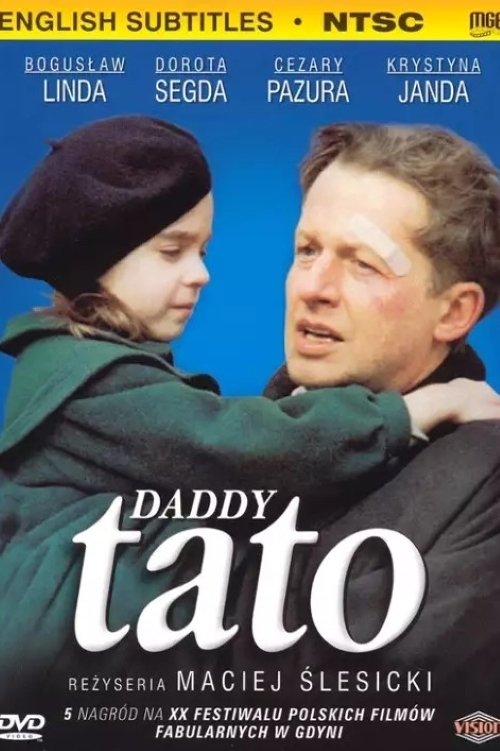
Tato is the story of a divorced father fighting for the right to raise his 7-year-old daughter. When his marriage falls apart, he decides to kidnap his daughter rather than let the court award custody to his mentally ill wife, whom he deems unfit to raise their child. But as he quickly finds out, it’s easier to be a real man than it is to be a real father.
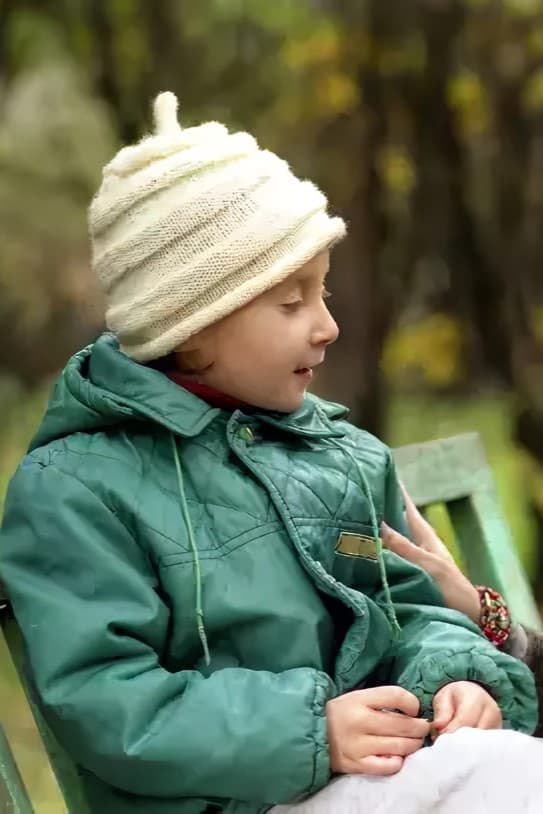
Kazimierz Lipecki lives in a small town, with his three children. The mother died during childbirth, the youngest, a four-year-old girl, did not develop normally. When the grandmother, the pillar of home life, is also gone, Kazimierz Lipecki and his two older children, thirteen-year-old Łukasz and eleven-year-old Ula, start a desperate fight to defend simple, superior values - mutual love and family bonds.
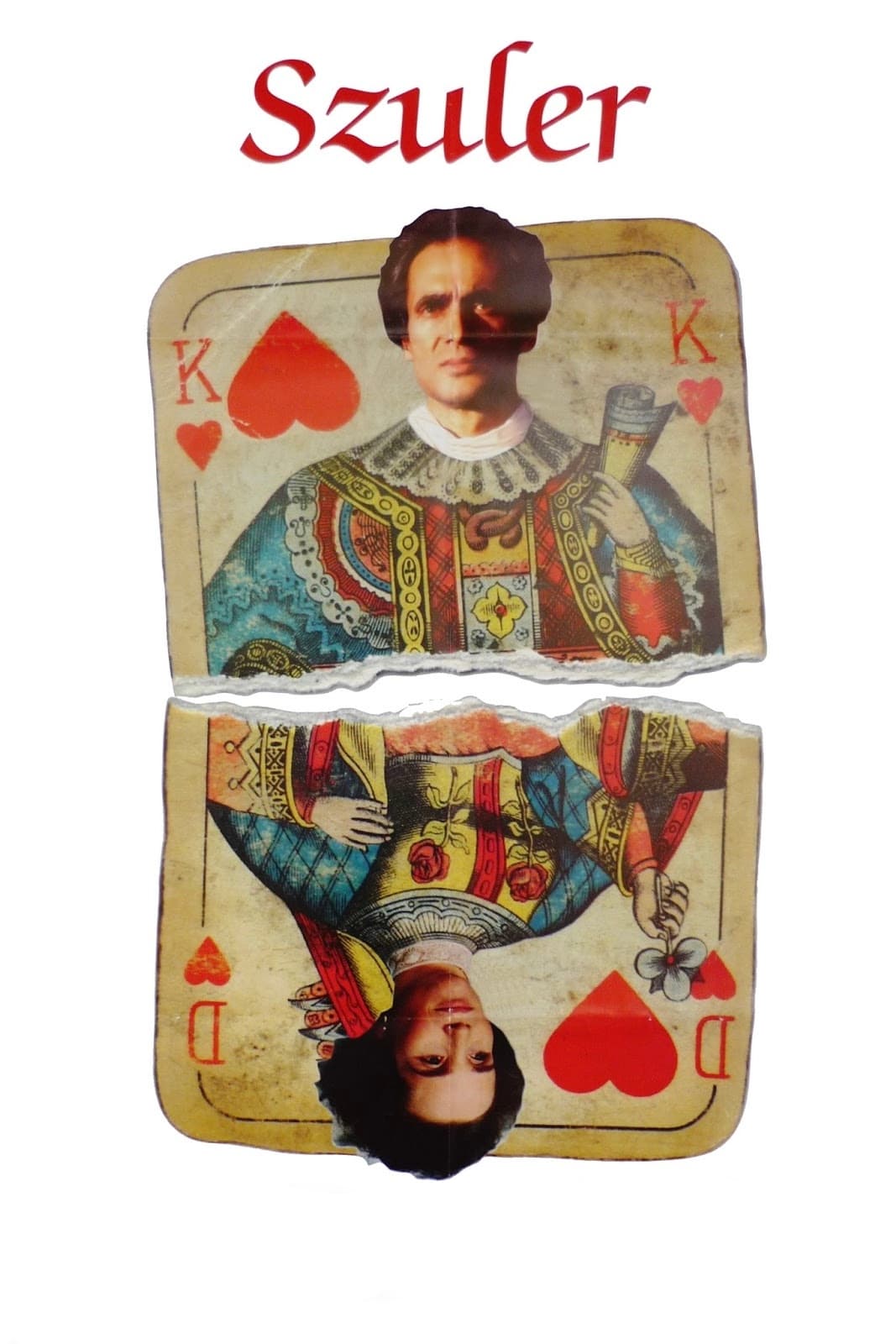
The year is 1750. Europe is in a ravaged state following a plague. Victor Moritz and Rufolf de Sevre are gamblers, frequenters of elegant casinos and fashionable brothels. Rudolf is a young aristocrat, charming and charismatic. His degenerate behavior has an animal intensity. Victor, though leading the life of libertine, remains to one side. He is a man of a refined taste despite his low birth and buys his noble title thanks to his gambling skills. Victor and Rudolf have been inseparable friends for years. Then two young, beautiful and innocent people - a brother and sister - enter their life...
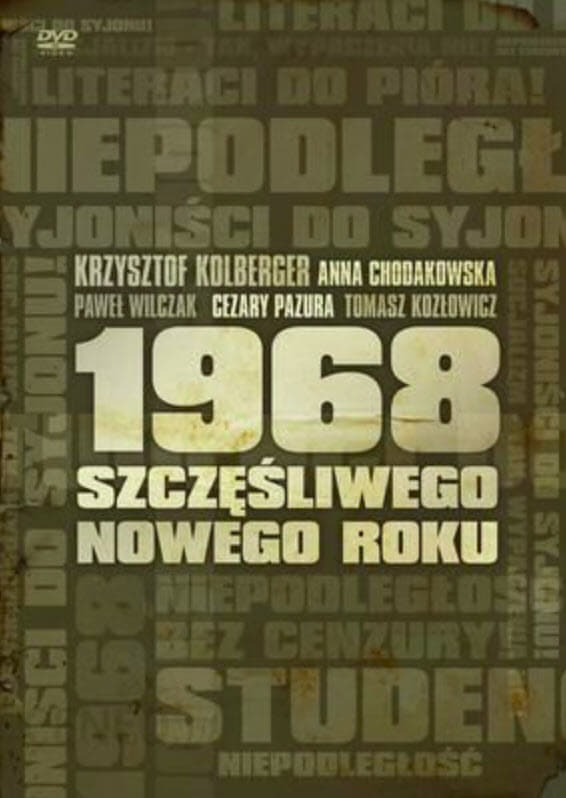
Spring of 1968, Warsaw. The fight for influence between top level Communist officials is the background to a developing love story between a young couple who are engaged in student protests. Both the young couple and their parents will pay a high price for their decisions, and their Jewish roots, which up until now seemed to have no meaning, but which will soon determine their fates.
By browsing this website, you accept our cookies policy.